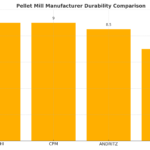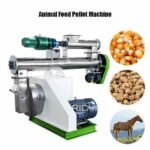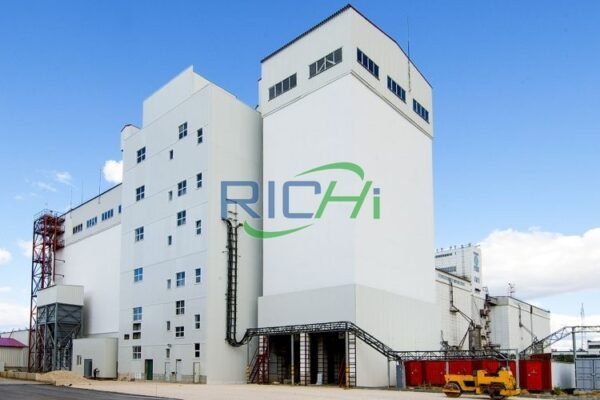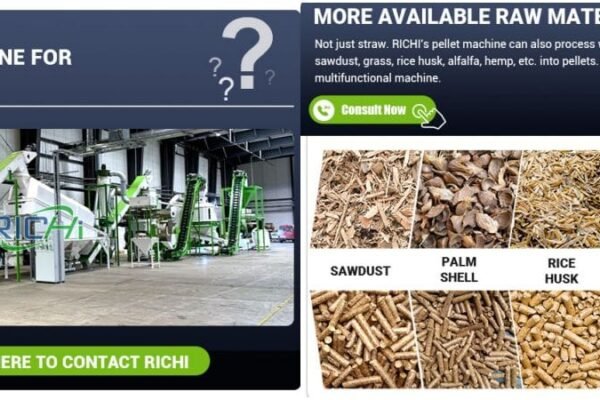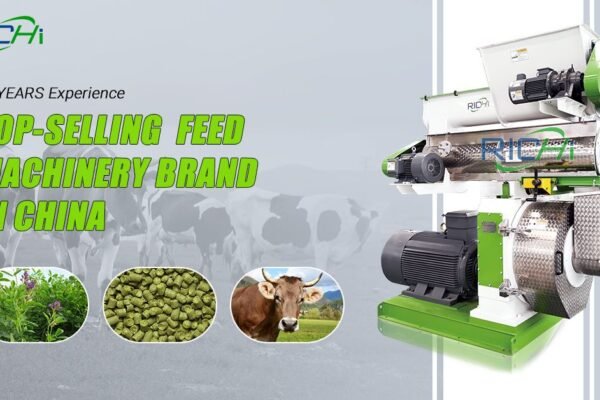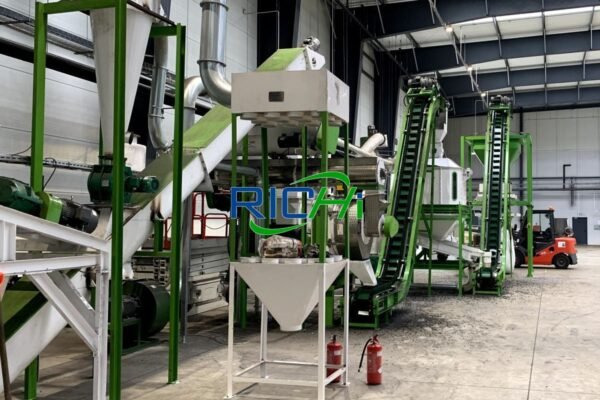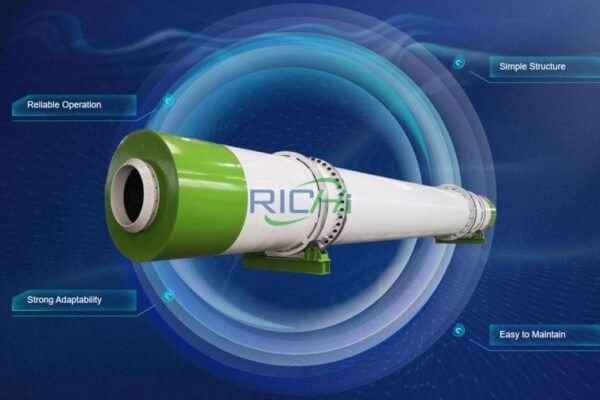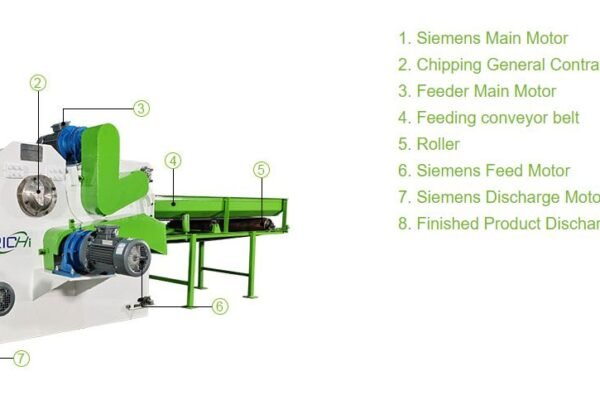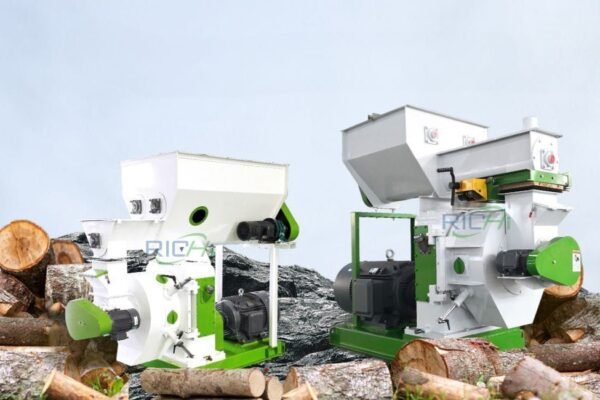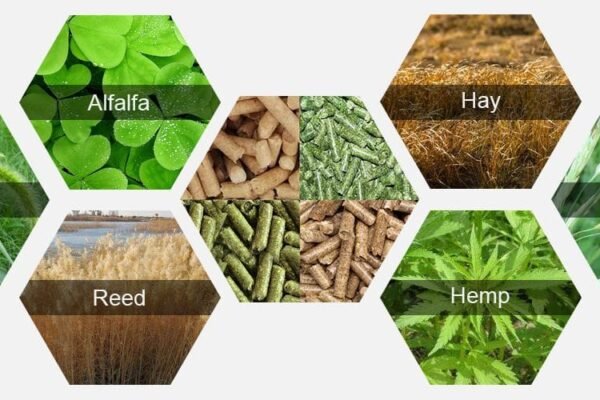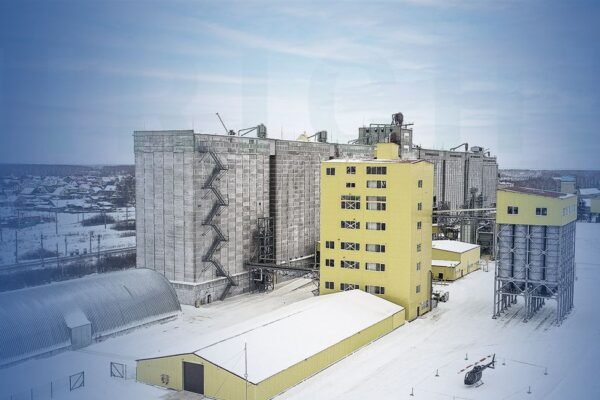
Enhancing Production Efficiency of a 10 t/h Animal Feed Manufacturing Machine Through Automation Technologies
The animal feed industry is undergoing significant transformation with the advent of automation technologies. As the demand for high-quality animal feed continues to rise, feed manufacturers are increasingly looking for ways to enhance production efficiency, reduce labor costs, and improve product quality. A 10 t/h animal feed manufacturing machine, which is suitable for small to…



